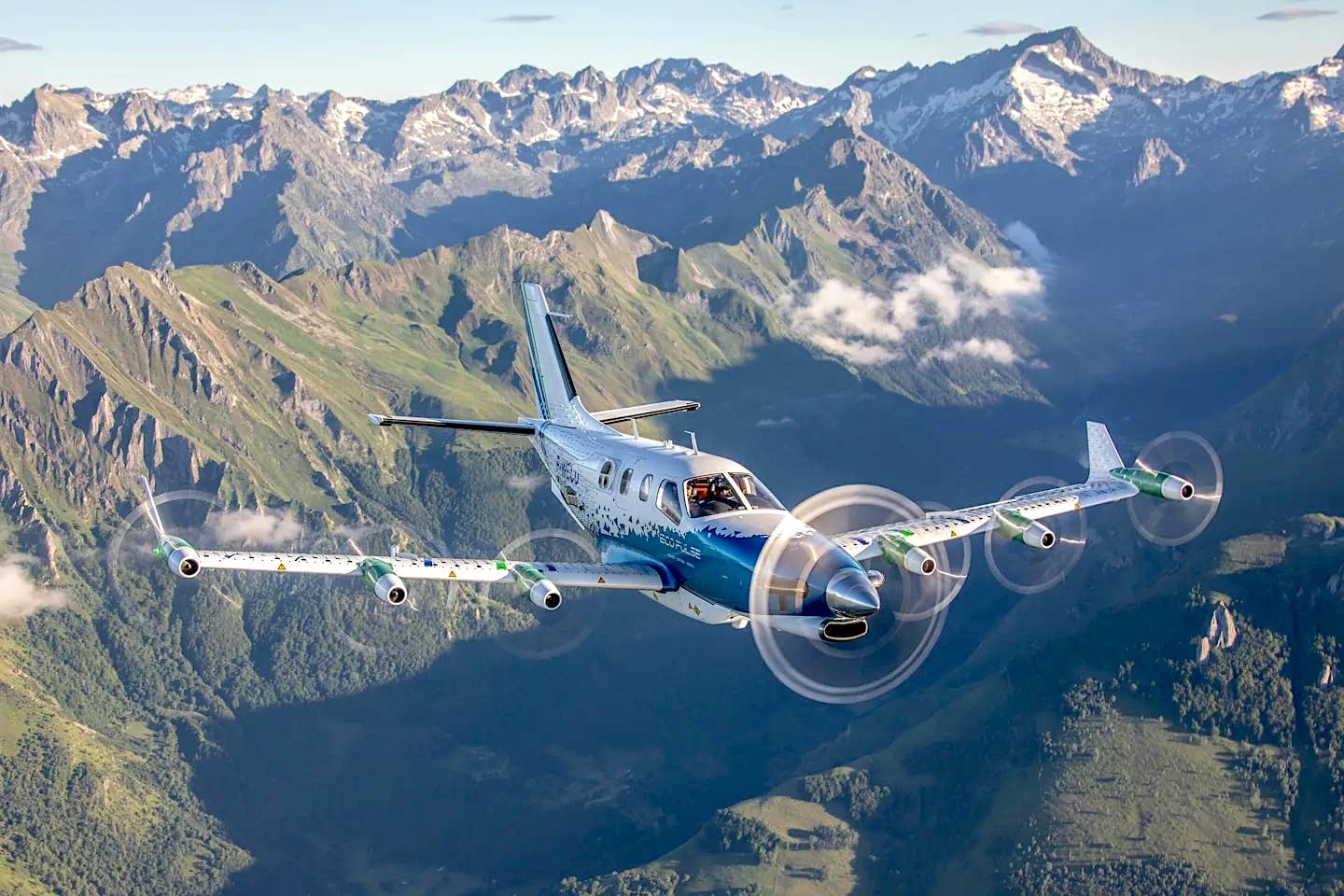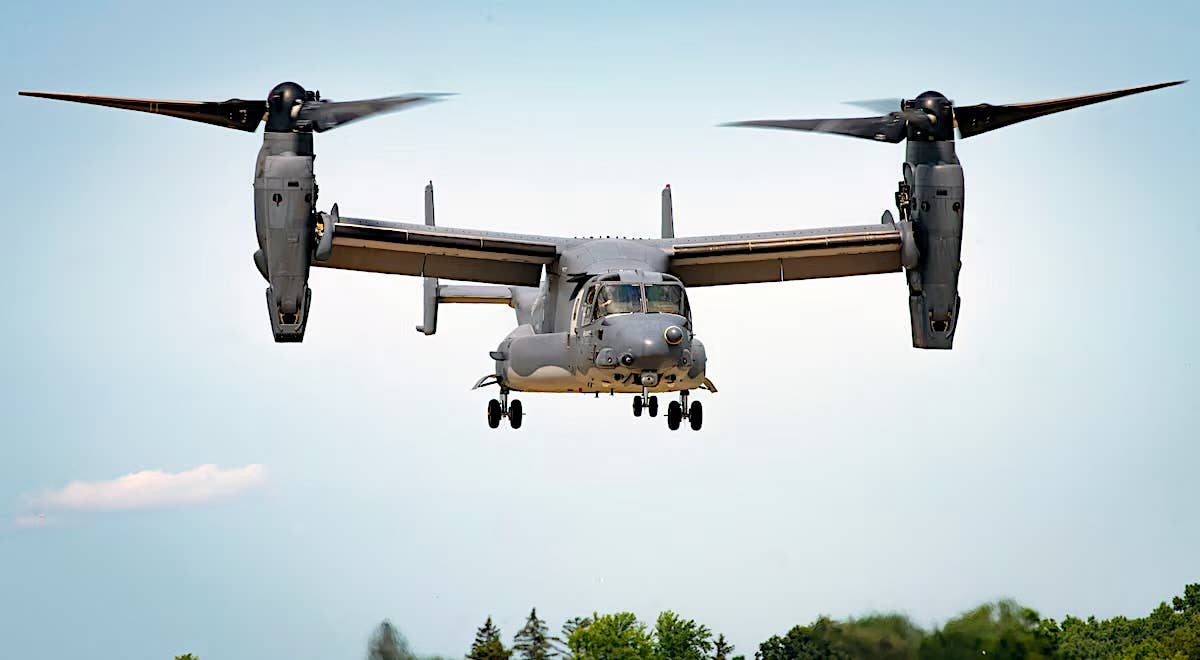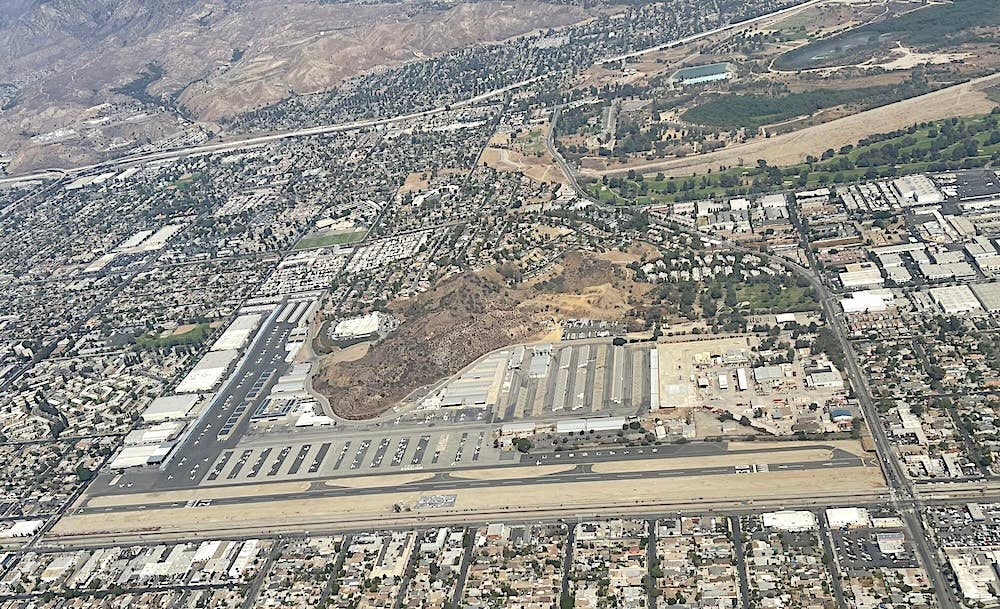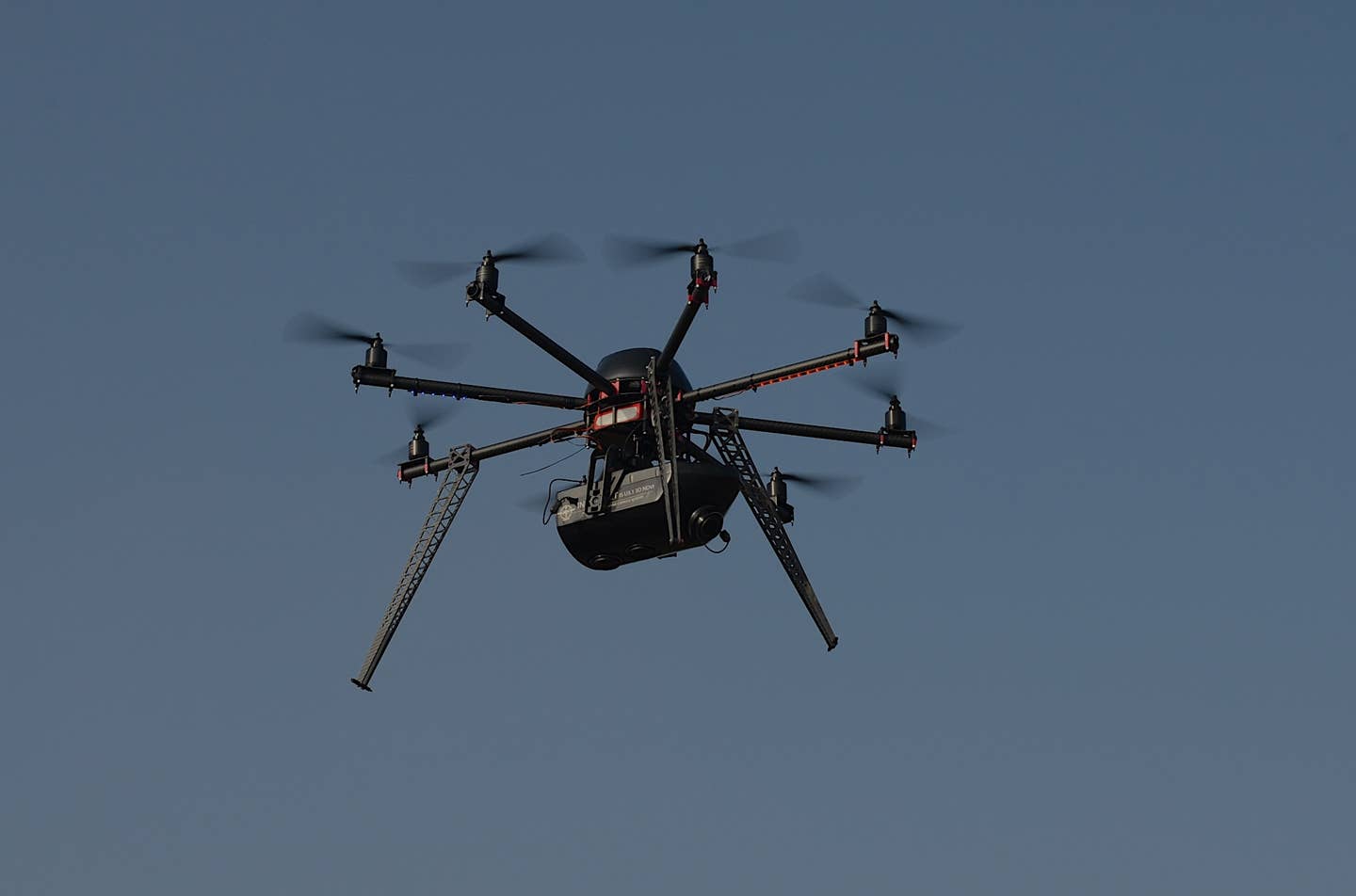Piston Deliveries Rise, Other Segments Decline In Q3 2020
In spite of disruptions cause by the coronavirus (COVID-19) pandemic, piston airplane deliveries for the first nine months of the year rose 1.4 percent compared to the same time period…
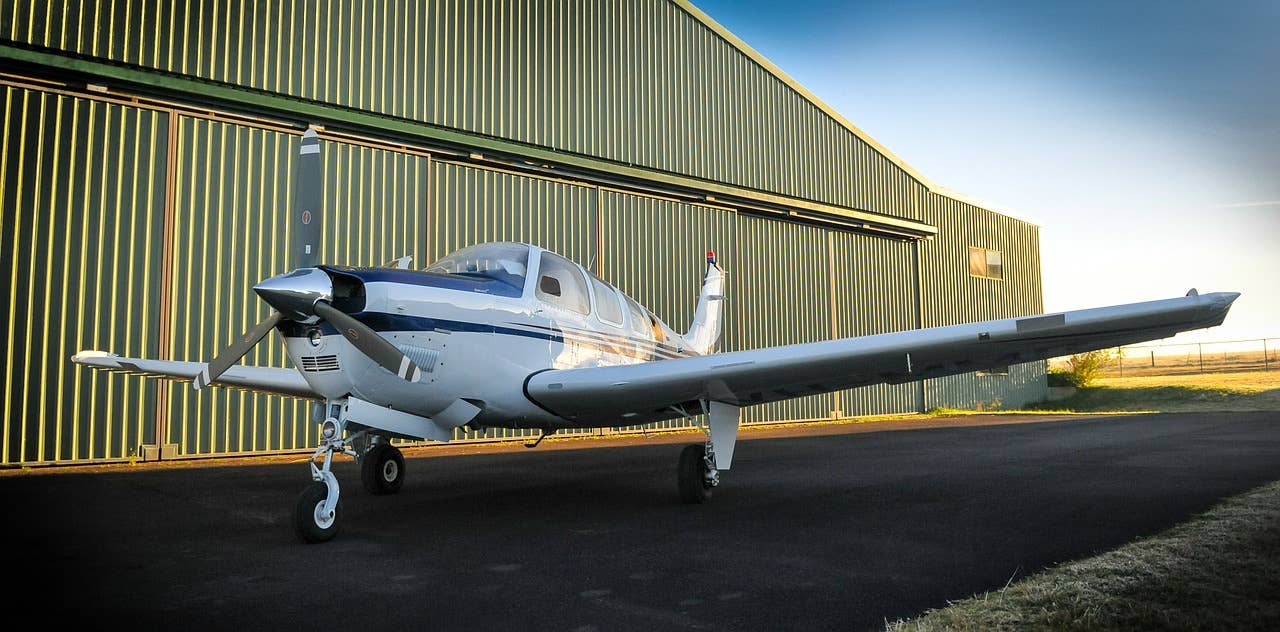
In spite of disruptions cause by the coronavirus (COVID-19) pandemic, piston airplane deliveries for the first nine months of the year rose 1.4 percent compared to the same time period in 2019, according to the Third Quarter 2020 Aircraft Shipments and Billings Report released by the General Aviation Manufacturers Association (GAMA) on Wednesday. However, just 254 turboprops have shipped so far this year, a decrease of 27 percent over 2019’s numbers. Business jet deliveries are similarly down by 26.7 percent from 2019 with 378 units delivered through Q3 2020. Helicopter shipments dropped 23.8 percent compared to last year at this time.
“This latest shipment report gives insight into how the industry is faring after the onset of the COVID-19 pandemic,” said GAMA CEO Pete Bunce. “While we are still trailing in comparison to last year’s figures due to a virus impacted second quarter, it is encouraging to see deliveries in certain segments have rebounded. This is reflected in what aviators have witnessed over the past few months at GA airports on both sides of the Atlantic where flight activity is robust, particularly in the flight school arena.”
Overall, the Third Quarter 2020 Aircraft Shipments and Billings Report (PDF) found that total airplane billings for the first nine months of 2020 came in at $11.9 billion, decreasing from $14.9 billion by Q3 2019. Helicopter billings dropped from $2.2 billion through Q3 2019 to $1.9 billion through Q3 2020. Q3 2020 also marks the first quarter in which deliveries of certified electric aircraft have been reported, with Pipistrel shipping five Velis Electro aircraft. As previously reported by AVweb, the Velis Electro became the first certified fully electric aircraft when it was awarded its type certification by the European Union Aviation Safety Agency (EASA) last May.

